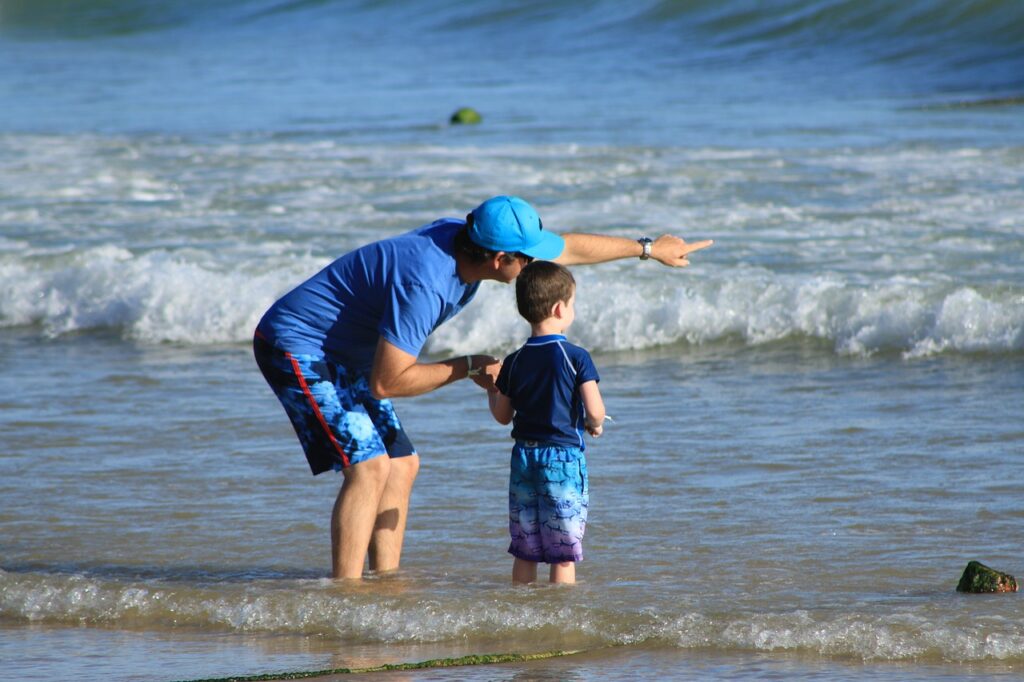If the stress of experiencing different viewpoints during social gatherings is putting the kibosh on your joy, consider for a moment the ways we can come together through curiosity.
These are divisive times in the United States. Exceedingly so. So when we find ourselves gathering with friends, family, and coworkers in a group setting, we’re bound to run up against someone who doesn’t share our view of the world. Your first inclination may be to walk away. And if you’re in a fragile state, that may be the best approach.
But if you’re preparing to let loose a stream of invective or start throwing punches, understand that this will only further the divide. Instead, step back, take a few breaths, and consider what would happen if you could be truly curious about this person’s viewpoint. To really listen to what s/he has to say.
Listening Is Tough
Don’t get us wrong. We’re not suggesting that you sit back and curiously observe misogynistic rhetoric, racial slurs, homo/transphobic vitriol, or any other hateful speech directed at you. There are effective ways to handle hate speech.
In the absence of that or other deplorable behavior, however, there IS space for us to better understand why someone who differs from us may have that view. Each human is the complex result of a collection of experiences that creates his or her story. And none of us can fully understand anybody else’s story. Not even the stories of those to whom we’re closest.
But if we can be open and curious about the various aspects and inroads that brought a person to a differing viewpoint, there’s more room for understanding and ultimately, coming together.
The Value of Curiosity

Did you know that a child asks about 40,000 questions between the ages of two and five? (If you have or had young kids, this is NOT news.) They’re hungry to understand the world. And they’re completely open to and excited by the answers. They’re capable of seeing how one answer can bloom into another. And there’s great joy in the whole venture.
That’s because curiosity is good for your brain. And your overall well-being. Curiosity makes your mind active rather than passive. It keeps it in a state of seeking answers and on the lookout for new ideas. It also embraces new ideas rather than fear them. It’s open to the possibilities they might bring.
Yep. People who are curious are never bored. They strive to look beneath the surface to discover new worlds that may not be readily visible to others. They find adventure in every situation.
Yet, the natural curiosity we exhibit and possess as children dissipates by the time we’re the age of ten. By then, we’ve been influenced by other’s opinions. And rather than question the opinions fed to us by our friends, families, communities, social media, the internet, television, etc. we simply accept them.
Without curiosity, we’re no longer excited by different viewpoints. We’re often closed off to them and may even find them threatening. When we start believing our way is the only correct way, this is a recipe for disaster.
So How Can We Start to Come Together Through Curiosity?
Again, we’d like to reiterate that attempting to make connections through curiosity requires both parties to be open. If someone (or you) is speaking or acting in an abusive way, this is an indication that they’re not receptive.
On the other hand, if you’re attempting to break through a wall that’s standing between you and another open and willing person, being curious and listening deeply is a great way to start chipping away at that wall. After all, most of us don’t want to feel this sense of disconnection and would like to start healing the divide. It very well may happen one interaction at a time.

Should you choose to be curious about another’s viewpoints, it helps to go into the interaction without expecting that the other person will conform to your beliefs. You’re not trying to fix each other. You’re attempting to see more eye-to-eye and recognize your shared human experience.
You both have probably picked up some conflicting knowledge or beliefs that you’re each certain cannot be wrong. But if you’re going into the interaction from a place of true curiosity, you’ll both be ready to look at the possibility that you might be mistaken.
Through curious questioning from an open mind, you’ll likely find there are places where you DO agree. Curiosity enables us to see that “the others” are not completely wrong and misinformed. And neither are you. It blurs the hard lines that have been drawn.
Train for Your Next Gathering
At your next gathering, consider connecting through curiosity with a friend or family member you respect but from whom you’ve drifted. Ask the important who, what, where, when, why, and how questions to get deeper. In those answers, can you find a porthole or a window to a new way of understanding and relating to this person?
One of the best ways to start building that ‘curiosity muscle’ beforehand is to diversify your reading and interests. Explore other worlds through books, magazines, or podcasts. It may surprise you to find a certain excitement in learning about something you’d previously known little about. You may even be compelled to explore further.
Then, you can take this same mindset and intention in your curiosity to connect with others.
Could Curious George Be Your Spirit Animal?
Whatever we can do to reconnect and not feel isolated from one another these days is worthwhile. When we’re able to come together through curiosity and with an open and peaceful mind, we’re off to a great start.
Are you ready to start exploring the value of curiosity – but could use some moral support? We’re here for you. Contact us today to ask about our life coaching and yoga services.
Our life coach can help you achieve goals toward cultivating curiosity while you build community through the uniting power of yoga. Let’s come together.



